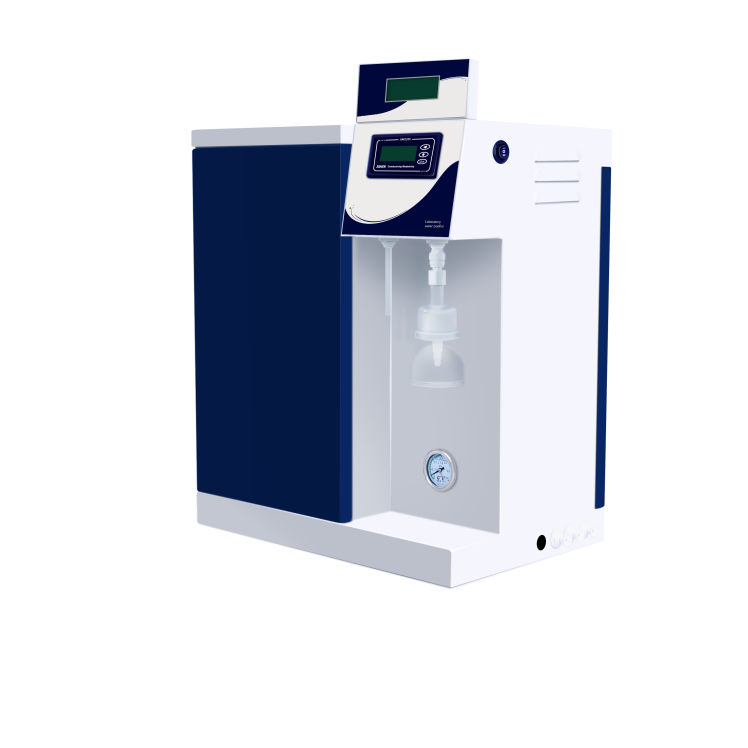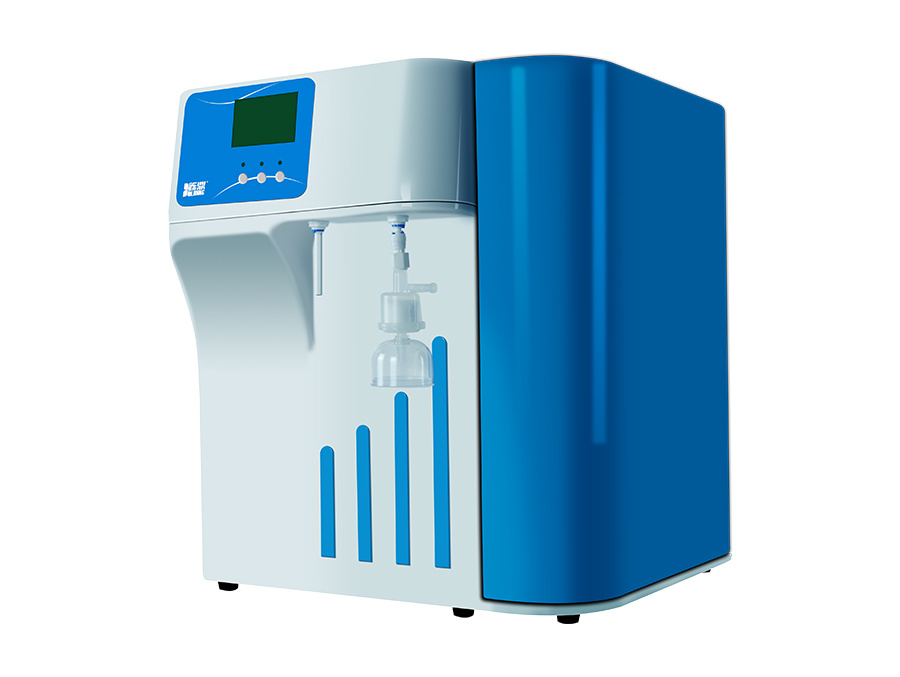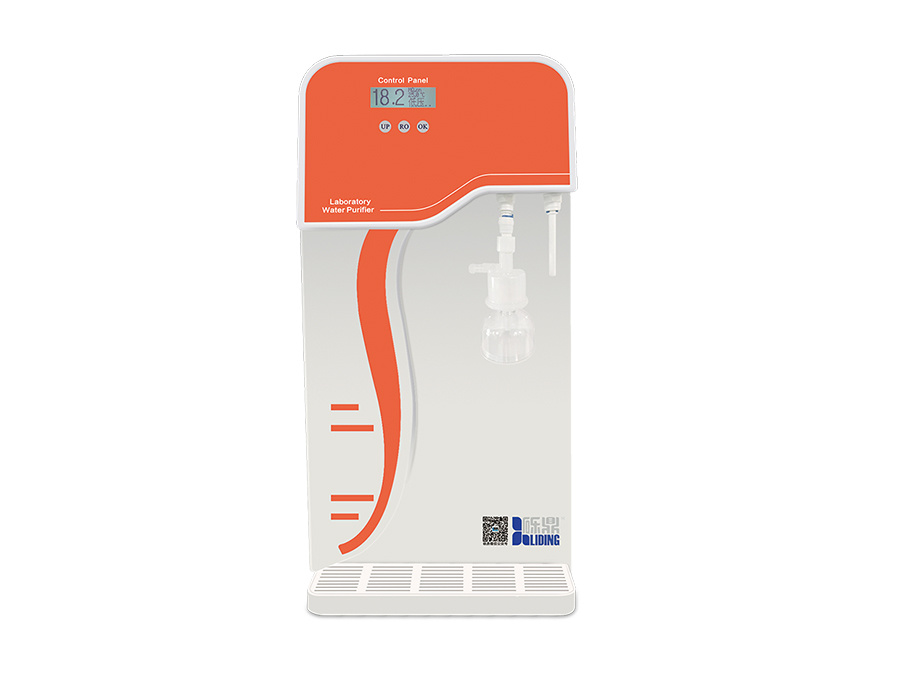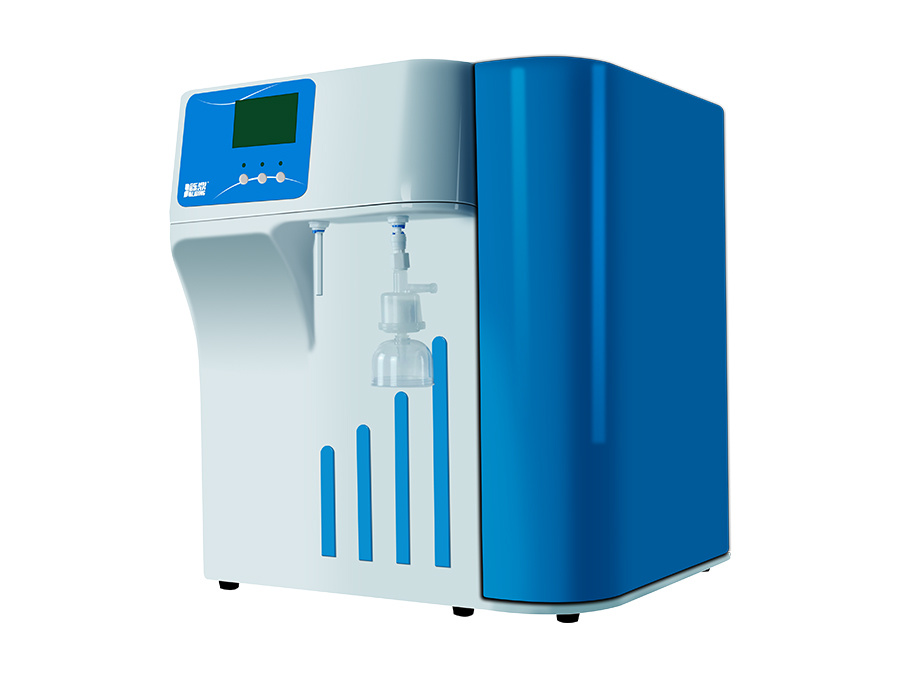Understanding Ultra Pure Water Systems: Essential Insights for Industrial Applications
Time:
Jun 12,2025
Ultra pure water systems are critical for industries that require water of the highest purity for their processes—such as electronics manufacturing, pharmaceuticals, and power generation. These systems are designed to remove contaminants to levels that exceed standard purification methods, ensuring that the water produced is free from impurities, organic compounds, and microorganisms. Understanding how these systems work and their applications can significantly benefit professionals involved in industrial operations.
The core technology behind ultra pure water systems typically involves multiple stages of filtration and purification. This may include reverse osmosis, deionization, and ultrafiltration. Each stage is tailored to target specific contaminants, ensuring that the water meets stringent quality standards. For example, reverse osmosis effectively removes dissolved salts and larger particles, while deionization uses ion exchange resins to eliminate ionic impurities, resulting in water with extremely low conductivity.
The applications of ultra pure water are vast and varied. In the semiconductor industry, ultra pure water is essential for the fabrication of microchips, where even trace contaminants can lead to defects in products. Similarly, in the pharmaceutical sector, ultra pure water is required for drug formulation and cleaning processes to prevent contamination that could compromise product safety and efficacy. Furthermore, in power generation, ultra pure water is utilized in steam generation and cooling systems, ensuring operational efficiency and longevity of equipment.
Moreover, adopting an ultra pure water system can lead to significant improvements in operational efficiency. By reducing the frequency of equipment maintenance and minimizing product contamination, companies can realize long-term cost savings. Additionally, these systems are increasingly being designed with sustainability in mind, utilizing energy-efficient technologies that reduce water wastage and lower operational costs.
It is essential for professionals in the industrial sector to recognize the importance of ultra pure water systems in maintaining the integrity of their products and processes. Investing in these advanced purification technologies not only enhances product quality but also supports compliance with industry regulations and standards. Understanding the specifications and capabilities of ultra pure water systems can empower businesses to make informed decisions that align with their operational goals.
In summary, ultra pure water systems are an integral component of modern industrial processes, ensuring high-quality water that meets rigorous standards. Their multifaceted approach to purification highlights the technological advancements in water treatment, making them indispensable for industries that prioritize quality and efficiency.
The core technology behind ultra pure water systems typically involves multiple stages of filtration and purification. This may include reverse osmosis, deionization, and ultrafiltration. Each stage is tailored to target specific contaminants, ensuring that the water meets stringent quality standards. For example, reverse osmosis effectively removes dissolved salts and larger particles, while deionization uses ion exchange resins to eliminate ionic impurities, resulting in water with extremely low conductivity.
The applications of ultra pure water are vast and varied. In the semiconductor industry, ultra pure water is essential for the fabrication of microchips, where even trace contaminants can lead to defects in products. Similarly, in the pharmaceutical sector, ultra pure water is required for drug formulation and cleaning processes to prevent contamination that could compromise product safety and efficacy. Furthermore, in power generation, ultra pure water is utilized in steam generation and cooling systems, ensuring operational efficiency and longevity of equipment.
Moreover, adopting an ultra pure water system can lead to significant improvements in operational efficiency. By reducing the frequency of equipment maintenance and minimizing product contamination, companies can realize long-term cost savings. Additionally, these systems are increasingly being designed with sustainability in mind, utilizing energy-efficient technologies that reduce water wastage and lower operational costs.
It is essential for professionals in the industrial sector to recognize the importance of ultra pure water systems in maintaining the integrity of their products and processes. Investing in these advanced purification technologies not only enhances product quality but also supports compliance with industry regulations and standards. Understanding the specifications and capabilities of ultra pure water systems can empower businesses to make informed decisions that align with their operational goals.
In summary, ultra pure water systems are an integral component of modern industrial processes, ensuring high-quality water that meets rigorous standards. Their multifaceted approach to purification highlights the technological advancements in water treatment, making them indispensable for industries that prioritize quality and efficiency.








